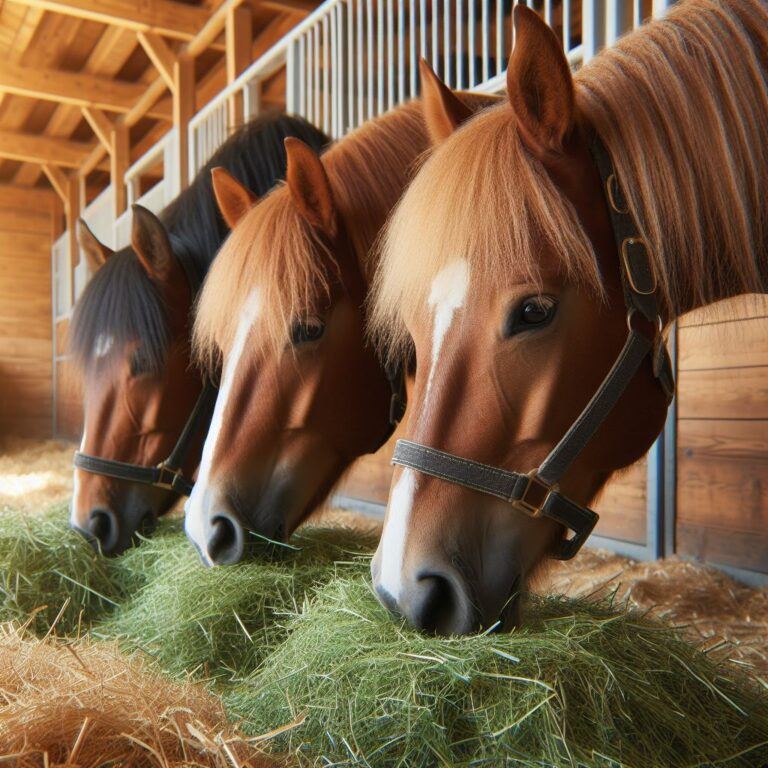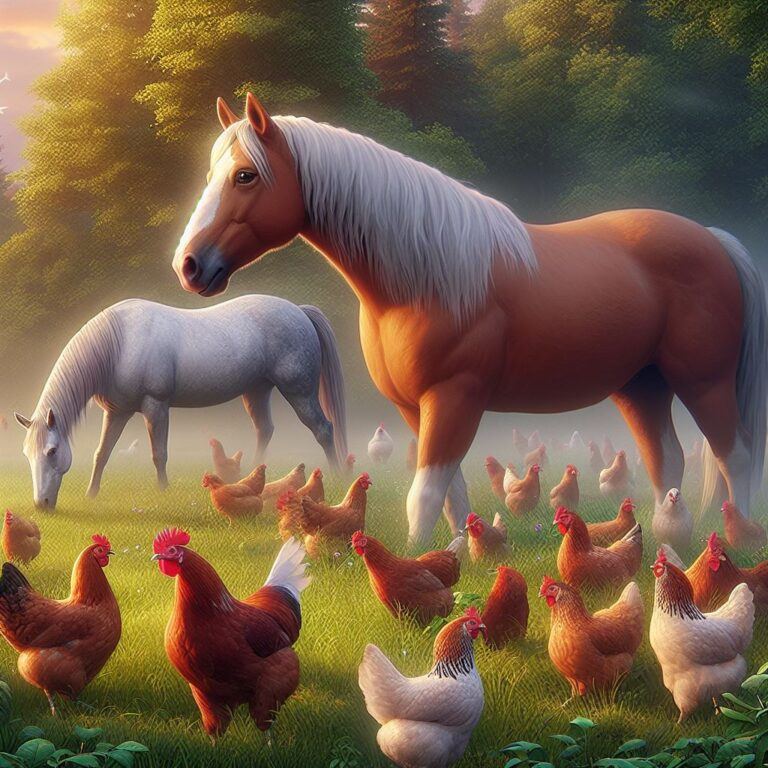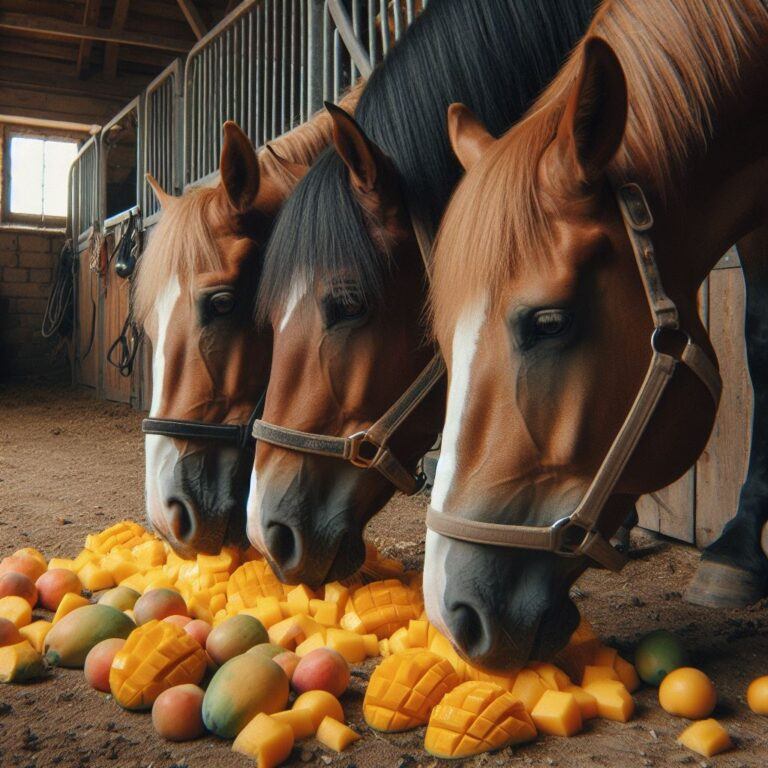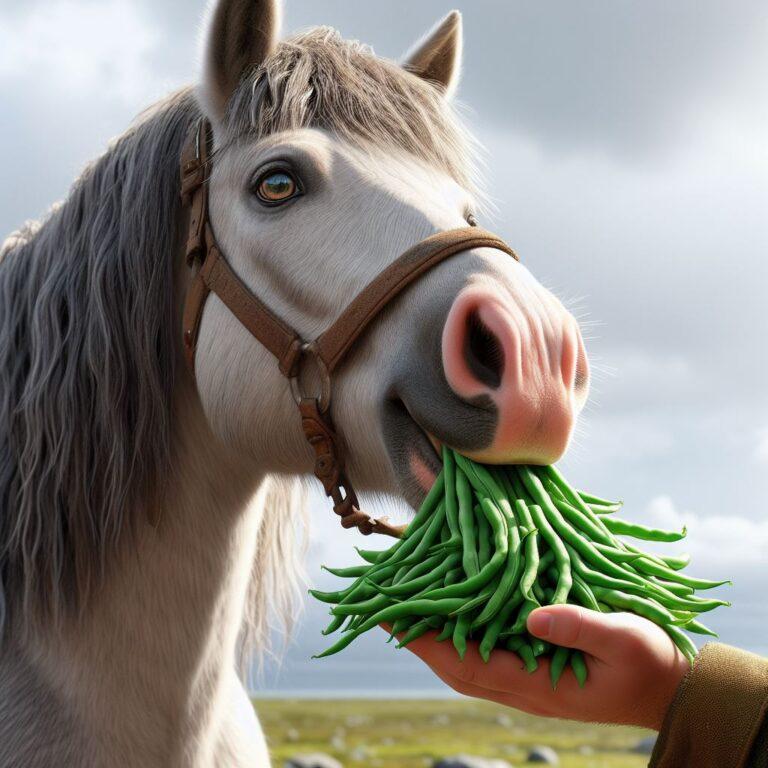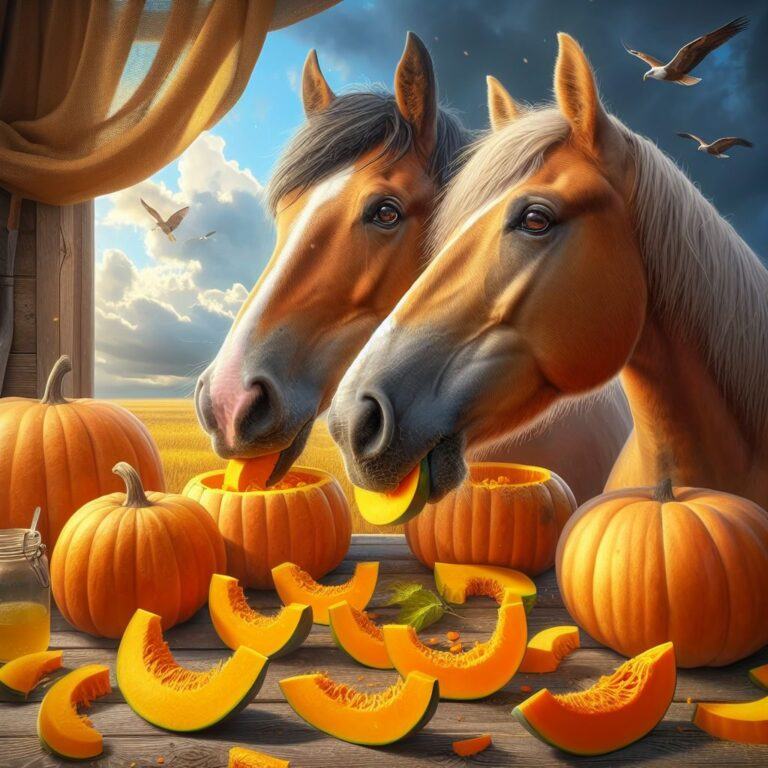Can Horses Safely Eat Asparagus
I get asked about unconventional treats for horses quite a bit. Can horses eat asparagus? Though not toxic, offering our horses asparagus isn’t the best idea. Their digestive systems are not designed to handle this fibrous vegetable well, which can lead to discomfort and excess gas.
While they might nibble on it without immediate harm, it’s far from an ideal addition to their diet.
Horses are grazing animals, and their stomachs are suited to digesting a high-fiber diet predominantly made up of fresh grasses and hay.
Asparagus, although rich in nutrients for humans, does not align with the natural eating patterns of horses.
Additionally, it offers no significant nutritional benefits that horses cannot get from their standard diet.
When considering adding anything new to your horse’s feeding routine, mirror their natural foraging diet as closely as possible.
A diverse array of fresh grasses and quality hay should make up the bulk of their intake, ensuring they’re getting the right balance of nutrients and fiber.
Stick to foods horses would typically encounter in the wild to maintain their overall health and digestion.
Understanding What’s Best for Your Horse
When it comes to what’s best for your horse, sticking to the basics of their dietary needs is crucial. Horses, as grazing animals, thrive on a diet rich in forage.
This includes grasses and legumes like clover, which provide the necessary fiber essential for their digestive health.
Adequate hydration is equally important, with water being a fundamental part of their daily intake.
While horses can consume a variety of fruits and vegetables without harm, these should only make up a small part of their diet.
You might wonder about offering treats like apples, watermelon or carrots, which are indeed safe and can be beneficial in moderation.
However, even with these common treats, they should be given in limited quantities to avoid digestive issues and maintain nutritional balance.
Introducing unconventional items such as asparagus could present risks. The horse’s gastrointestinal system is delicate and introducing unfamiliar foods could potentially lead to colic, a serious digestive disorder.
Moreover, certain vegetables may cause gas build-up which can be uncomfortable for our horses.
If you’re keen on providing the best care for your horse, consult with a veterinarian or a nutritionist. These experts can offer advice on proper proportions and treat frequency to ensure your horse remains in peak condition.
Remember, a horse’s diet does not require constant variation—their system is adapted to a consistent routine with their natural forage at its center.
Feeding Your Horse Safely: Alternative Treats to Asparagus
Let’s focus on what truly benefits your horse’s health when considering treats. Apples and carrots remain the classics for a reason – they’re safe, nutritious, and most horses love them.
However, moderation is crucial to prevent overfeeding and associated issues like obesity or dental problems.
If you’re introducing new treats, start with a small piece to see how your horse reacts. Always remove any seeds or pits from fruit, as these can pose choking hazards or contain harmful substances.
After introducing a new treat, watch for any signs of allergies or digestive upset. Symptoms like hives, itching, or changes in stool can indicate that a particular food item isn’t suitable for your horse.
Ultimately, the cornerstone of your horse’s health is a well-balanced diet. High-quality hay, fresh water, and appropriate commercial feeds tailored to your horse’s age, weight, and activity level are indispensable.
Treats should only complement this diet, never substitute it.


